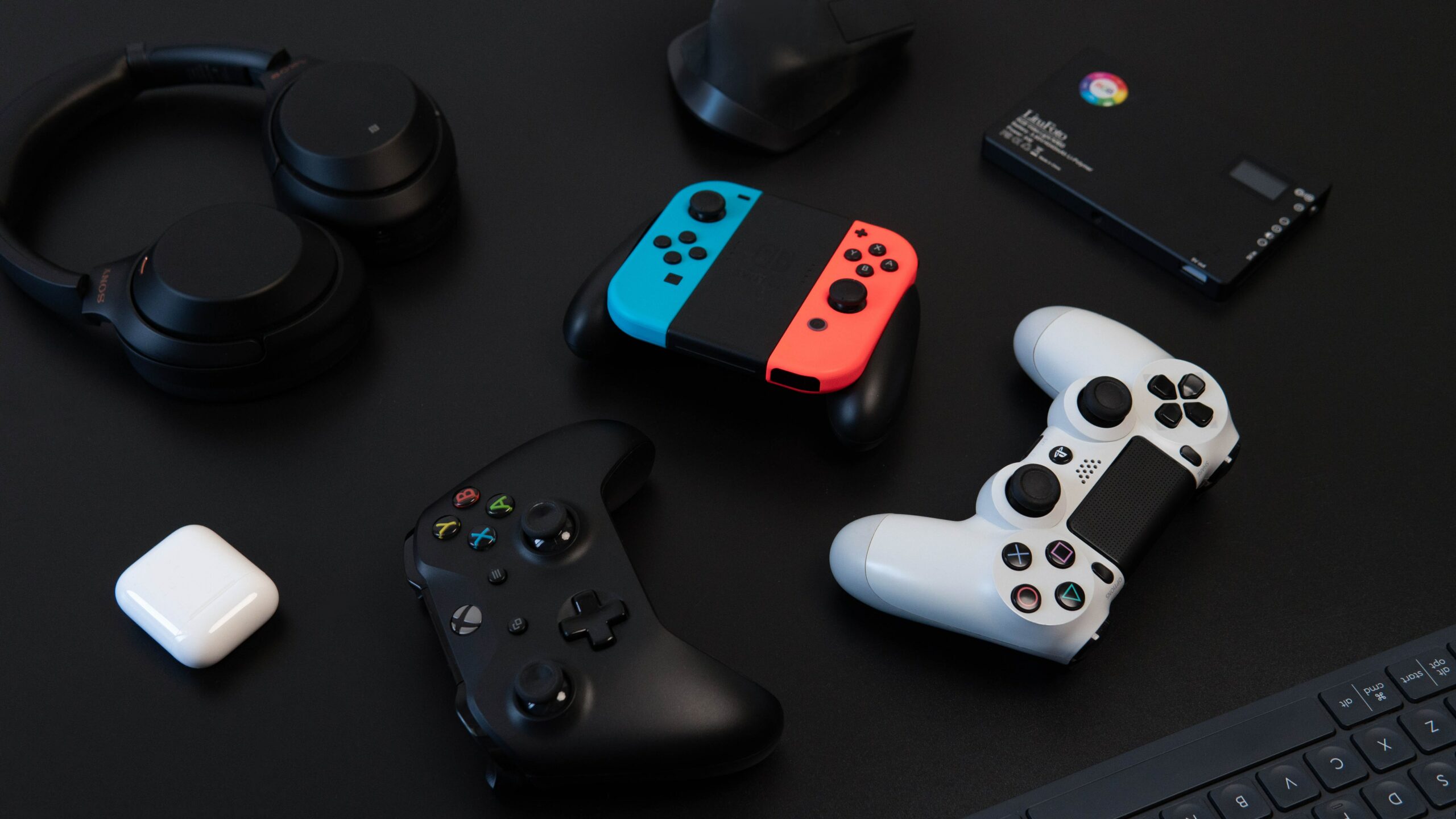Persona 4 and Persona 4 Golden are both highly rated JRPGs with similar mechanics and storylines. So which game is better? Let’s compare the two and find out.
Both games are set in the small town of Inaba, where a string of murders take place. The player takes on the role of a high school student who must solve the murders while also dealing with their own personal issues.
The biggest difference between the two games is that Persona 4 Golden has an extra year added to the story. This extra year gives the player more time to bond with the characters, increasing their emotional investment in them. It also allows for more side quests and optional activities, giving the player a more well-rounded experience.
So which game is better? If you’re looking for a more emotionally investment story, then Persona 4 Golden is the better choice. However, if you prefer a more concise plot with fewer side activities, then Persona 4 is the better game for you.
Persona 4 vs persona 4 golden
Both Persona 4 and Persona 4 Golden are great RPGs with interesting gameplay. In Persona 4, you play as a high school student who has to balance his school life with fighting monsters. In Persona 4 Golden, you play as a high school student who also has to balance his school life with fighting monsters, but you also have the option to go to college. The college life doesn’t change the gameplay much, but it’s a nice addition.
Persona 4
Persona 4 is a role-playing game developed and published by Atlus for the PlayStation 2. The game was released in Japan in July 2008, North America in December 2008, and Europe in March 2009. It is the fifth main installment in the Persona series, itself a part of the larger Megami Tensei franchise.
The game’s plot revolves around a group of high school students who are confronted with a murder mystery in their small rural town. As the story progresses, they discover that the murders are connected to a supernatural realm known as the “TV World”, which can only be accessed through a television set. To progress through the TV World and solve the murders, they must confront their own Persona – an embodiment of their inner psyche – which gives them special abilities in combat.
Persona 4 was generally well-received by critics, who praised its story, characters, presentation, and combat system. It was awarded RPG of the Year 2008 by GameSpot and GameSpy, and is considered one of the best games ever made on the PlayStation 2. A remastered version for the PlayStation Vita, titled Persona 4 Golden, was released in Japan in June 2012 and worldwide in November 2012.

Persona 4 Golden
There is no denying that both Persona 4 and Persona 4 Golden are great games. They both have their pros and cons, but ultimately, Persona 4 Golden is the better game.
Persona 4 Golden has more to offer in terms of gameplay. For starters, it has a longer story than the original game. It also introduces new Social Links, dungeons, and Personas. In addition, the combat has been tweaks to make it more strategic and challenging.
While Persona 4 was certainly a great game, Persona 4 Golden is simply a step above. If you have the choice between the two, go with Golden. You won’t regret it!
Graphics
Both Persona 4 and Persona 4 Golden have great graphics that are pleasing to look at. However, Persona 4 Golden has significantly better graphics than Persona 4. The colors are more vibrant, and the overall look is more polished.
Persona 4
Persona 4, also known as Shin Megami Tensei: Persona 4, is a role-playing video game developed and published by Atlus for the PlayStation 2. It is chronologically the fifth installment in the Persona series, itself a part of the larger Megami Tensei franchise, and was released in Japan in July 2008, North America in December 2008, and Europe in March 2009.
The story follows a group of high school students who have been transported to another world that resembles an urban fantasy version of their town. They discover that they have the power to summon avatars known as “Personas”, which they use to defeat beings called “Shadows” that feed on the brains of humans. The game features social simulation elements in addition to standard role-playing gameplay.
Persona 4 was distributed by Atlus in both physical and digital retail formats; for its release in PAL regions, Deep Silver acted as the game’s publisher. The game was remastered for high-definition consoles as Persona 4 Golden, an enhanced version released for the PlayStation Vita in November 2012 in Japan, February 2013 elsewhere. The Vita release added several new social links, characters, story events, cutscenes and gameplay enhancements not present in the original game.
Critical reception of Persona 4 was generally positive; reviewers praised multiple elements of the game including its graphics, characters, soundtrack and new dungeon exploration system. A common sentiment among reviewers was that Persona 4 helped to revitalize the then-stagnant genre of console role-playing games. The game won multiple GameSpot single platform Game of the Year awards across different regions – one for original PlayStation 2 release and two more for Persona 4 Golden’s PlayStation Vita release – as well being nominated or winning several others such as RPGamer’s overall Game of the Year award.
Persona 4 Golden
Persona 4 Golden is an enhanced version of the original Persona 4, a critically acclaimed role-playing game originally released in 2008. Persona 4 Golden adds a new playable character, Marie, as well as new social links, story content, weather conditions, and music. It also features an exclusive dungeon only accessible in the Golden version.
The original Persona 4 was praised for its interesting cast of characters, tight combat mechanics, and ethereal atmosphere. Persona 4 Golden amps up these aspects even further. The localization is excellent, with sharp writing that brings the characters to life. The combat has been tweaked and streamlined, making it more enjoyable than ever before. And the added content gives you even more reason to explore the game’s fascinating setting.
There’s no question that Persona 4 Golden is the better game. If you’re a fan of JRPGs, this is a must-play.
Sound
One of the key aspects that makes or breaks a game is its sound quality. Although both Persona 4 and Persona 4 Golden boast excellent soundtracks, Persona 4 Golden’s soundtrack is more varied and ultimately more enjoyable.
Persona 4
Persona 4 is a role-playing game developed and published by Atlus for the PlayStation 2. First released in Japan in July 2008, Persona 4 took the world by storm, becoming one of the most popular games in the franchise. The game follows a group of high school students who discover they have the ability to enter the “Television World,” a realm inhabited by dangerous beings called “Shadows.” Together, they must solve a string of mysterious murders to bring justice to those who have been wronged.
Persona 4 Golden is an enhanced version of Persona 4, released for the PlayStation Vita in November 2012. The game includes a host of new features, including an expanded story, new Personas, new Social Links, and much more. While Persona 4 Golden is generally seen as the superior game, both titles are essential experiences for fans of RPGs.
Persona 4 Golden
There are many reasons why Persona 4 Golden is considered the better game than its predecessor, Persona 4. For starters, Persona 4 Golden features an expanded and improved story, with brand new characters and scenes that flesh out the original plot. The game also includes a number of new gameplay features, such as the ability to earn Social Links with characters outside of your party, and a new dungeon to explore. In addition, Persona 4 Golden features updated graphics and sound, making it one of the most visually impressive games on the PlayStation Vita.
Conclusion
After playing both Persona 4 and Persona 4 Golden, it’s hard to say which one is the better game. They both have their strong points and weak points. If you’re a fan of the original Persona 4, you might prefer the Golden version because it has more content. If you’re new to the series, you might prefer the original because it’s simpler and shorter. Ultimately, it comes down to personal preference.
